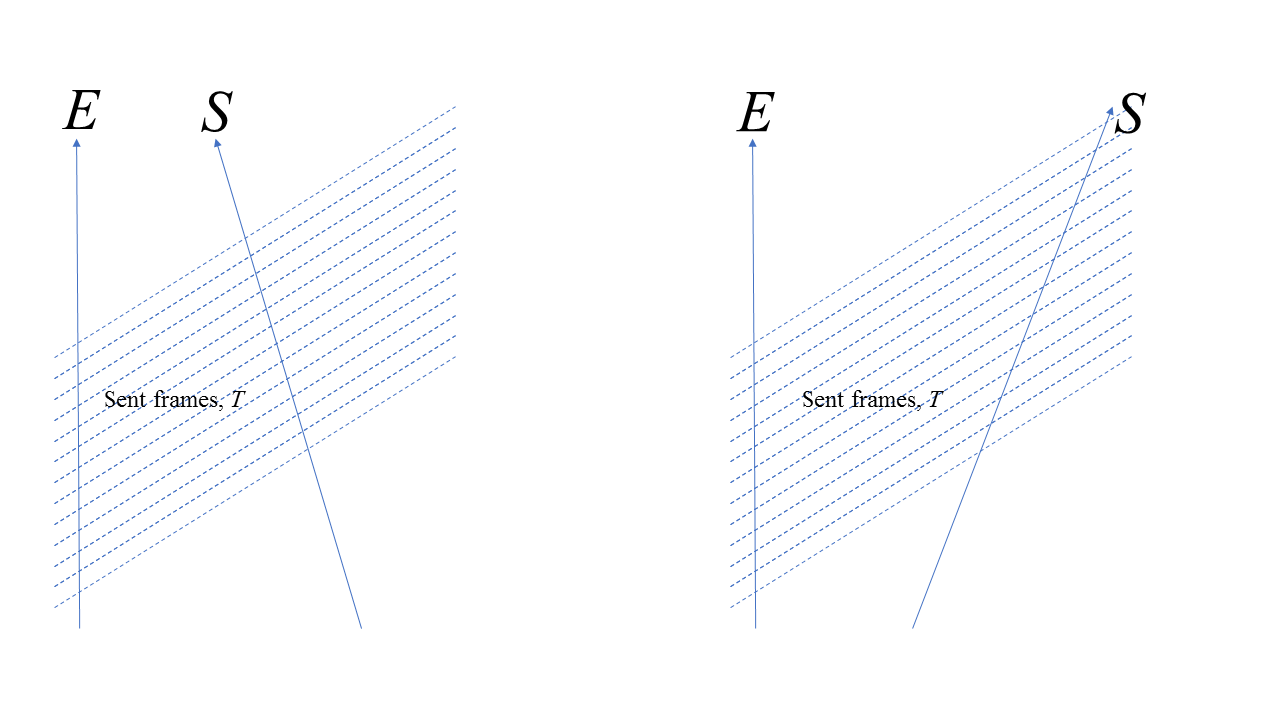I heard that the faster you go, the slower time around you goes. For example, if you where in a rocket going very fast and you started a timer for 1 minute at the same time someone walking down the street started a timer for 1 minute, the person on the street's timer would go off just before yours. I also know that people going at very fast speeds can still get information (for this example lets say that it is from the internet).
So lets imagine that the person on earth starts streaming a TV show to the person in the rocket. Can the person in the rocket watch the TV show faster than the person on Earth? This would not make sense to me, given that they both experience time at the same speed.

